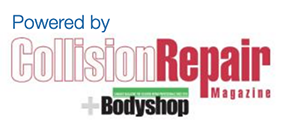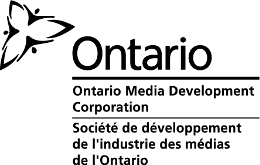Direct Repair Programs (DRPs) are partnerships between insurance companies and auto repair shops that establish agreed-upon processes for handling insurance-related repairs. Participating shops are selected by insurers based on their internal program criteria. These programs may offer certain conveniences, including:
Streamlined Repair Process: DRPs often mean quicker turnaround times for repairs due to the established relationship between the shop and the insurer.
- Quality Assurance: Insurers typically apply program requirements to participating shops, though repair quality ultimately depends on the individual facility and the specific repair.
- Warranty on Repairs: Repairs performed through DRP facilities often include a warranty, though warranty terms and coverage vary and should be reviewed with the repair facility.
- Convenience: Some consumers find DRPs convenient due to coordination between the insurer and repair facility.
- Cost Management: DRPs may help insurers manage claim administration and costs. How this affects individual repairs and premiums varies by policy and circumstance.
In most cases, consumers have the right to choose their repair facility, subject to policy terms and provincial regulations. When deciding where to have your vehicle repaired, consider the following tips:
- Do Your Research: Investigate the shop’s history and customer reviews.
- Warranties: Ask about warranties.
- Rely on Personal Recommendations: Personal experiences from those you trust can guide you to reliable repair shops.
- Check for Professionalism: Look for repair facilities that demonstrate clear communication, proper documentation, and adherence to recognized repair procedures.
In summary, the decision on where to repair your vehicle ultimately rests with you. Many collision repair facilities today are well equipped and experienced in managing modern vehicle repairs. Many repair facilities are experienced in managing the repair process and can help guide customers through what is often a stressful time.
Repair Networks
In Canada, a significant percentage of collision repairs are performed by facilities that operate within networks, such as franchises, banners, or multi-location organizations, as well as by independent repair facilities. This trend is driven by the benefits of brand recognition, shared resources, and the ability to meet the requirements of insurance companies.



